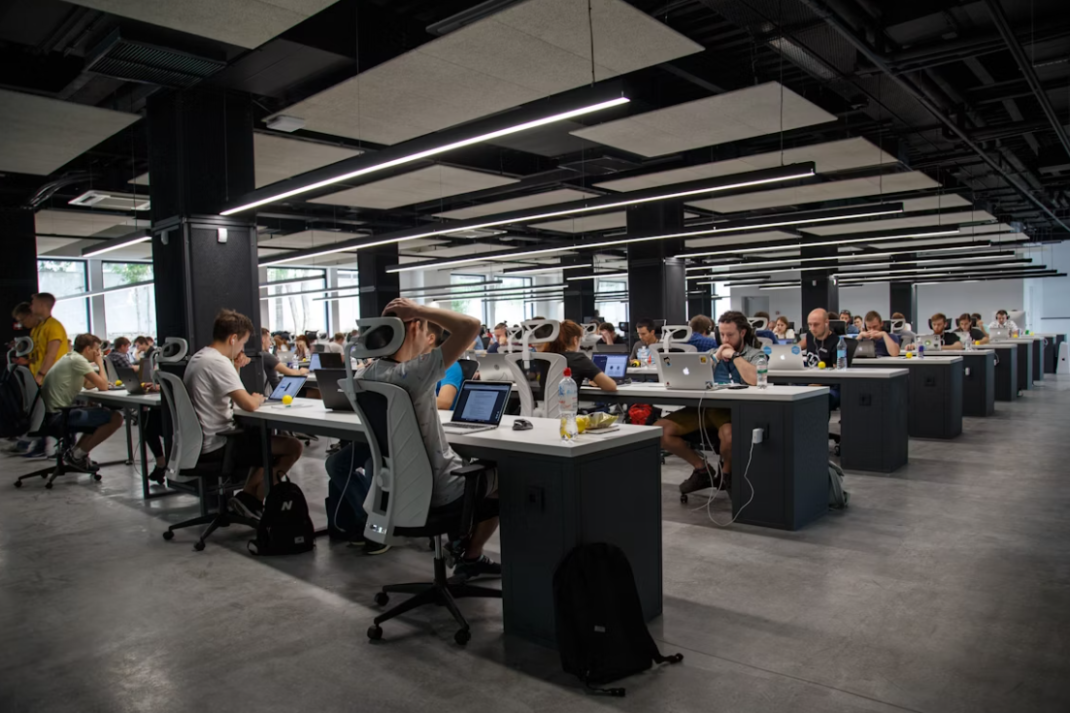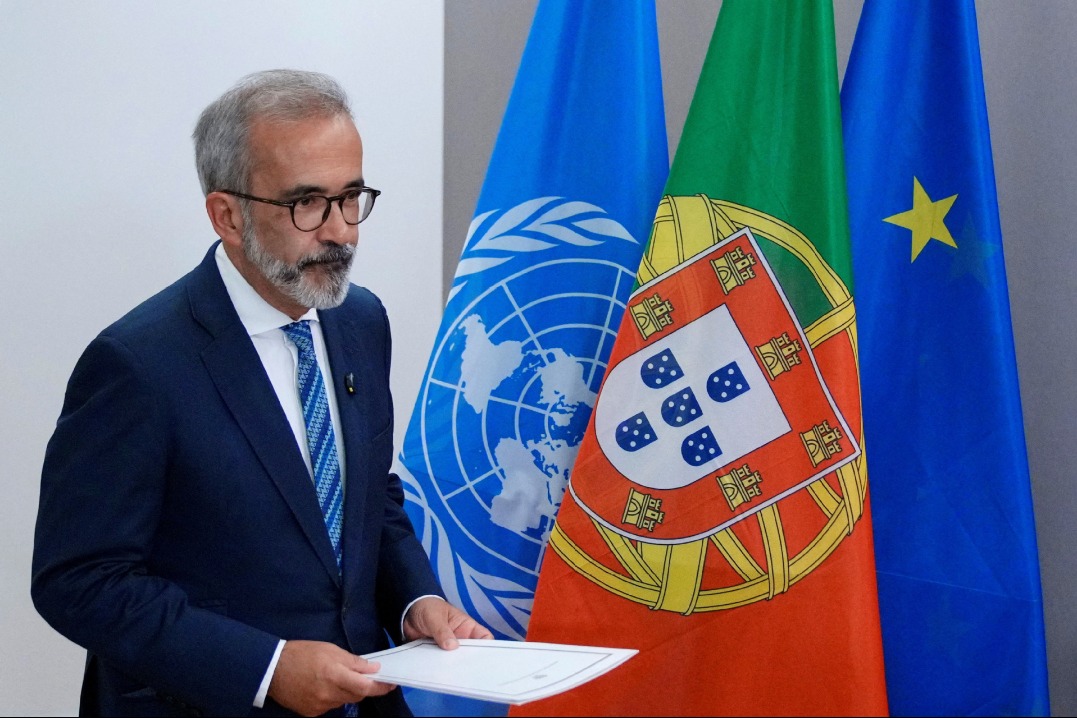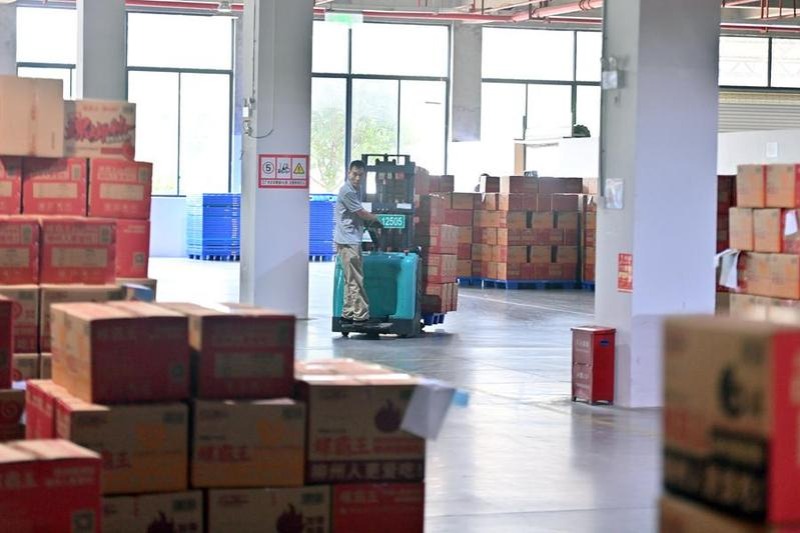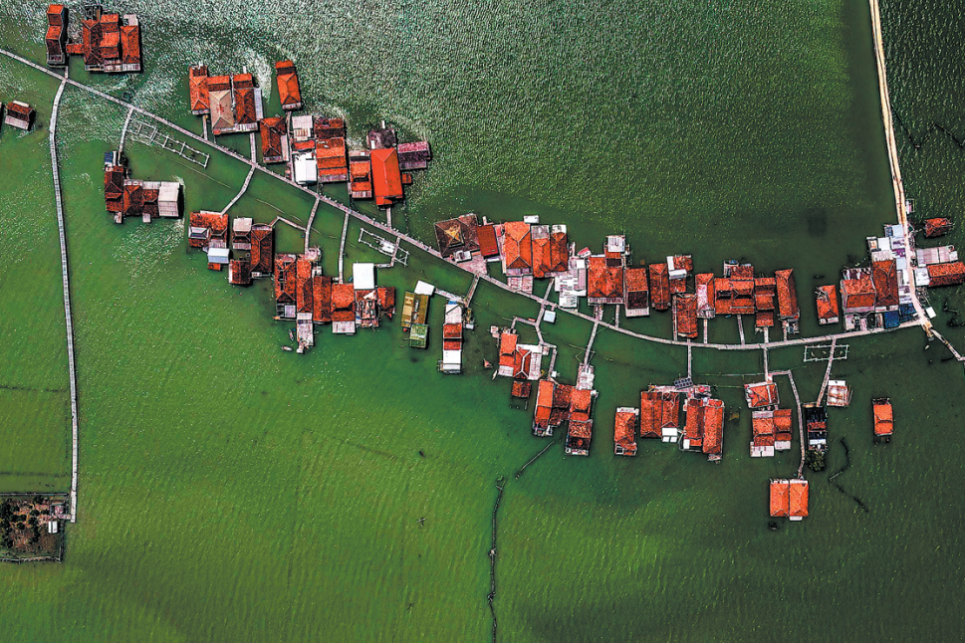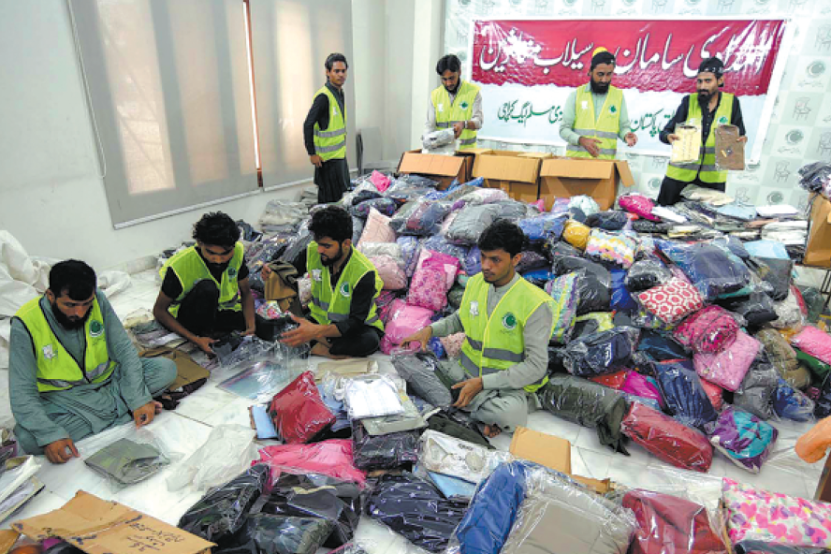Tariffs weigh on China-LA port trade ties

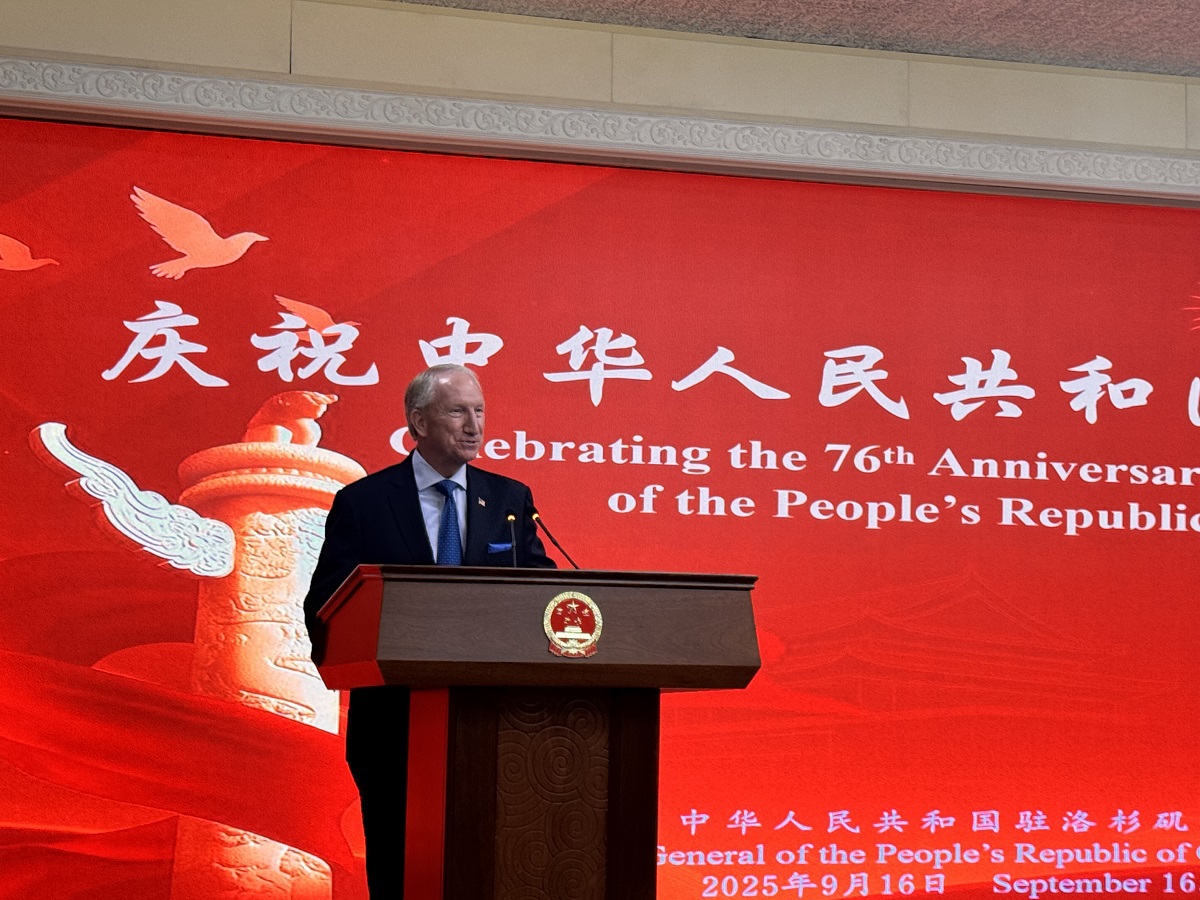
The Port of Los Angeles, the busiest gateway for trade between China and the United States, is feeling the strain of tariffs and the promise of improved dialogue, according to port leaders and trade experts.
"Today at the Port of Los Angeles, China is our largest trading partner, and has been in that No. 1 position now for more than three decades. Over 40 percent of our business is import and export with China-based ports," Eugene Seroka, executive director of the port, told China Daily in an exclusive interview.
Seroka said the outcome of recent trade talks in Madrid, Spain could prove pivotal.
"Many people here in Los Angeles are hopeful both sides can reach some final conclusions soon. China's importance in our import business, and the export opportunities for US companies, make trade between the world's two largest economies very important for many of us."
Despite tariff-driven fluctuations, the port has demonstrated resilience. Year over year, cargo volume rose more than 6 percent, and July was the single busiest month in the port's 117-year history.
"I believe that we'll reach an understanding in the not-too-distant future, and we'll begin to focus on those business and trade relationships that can expand opportunities for both countries," Seroka said. "I also see a real possibility to increase US exports to China, which will help create more jobs, not only here in LA, but across the country and in China as well."
Yet volatility remains a constant.
"Announcements this year on trade policy coming out of Washington, DC, have caused big increases in cargo at times, and then slowdowns when tariffs were in place that were very high," Seroka noted. "So we've had to be quite nimble and react quickly to information to make sure we could handle the cargo flows."
Vincent Iacopella, president of Trade and Government Relations at Alba Wheels Up International, echoed Seroka's concerns about the uncertainty facing global supply chains during a recent Cargo News Briefing discussion.
"If tariffs are going up in China and lower in Vietnam or India, you want to optimize that," he said. But he warned against a complete shift away from China: "Look what's happening right now, you have folks that left China, went into India, and are actually paying a higher duty rate now than before, 50 percent."
Iacopella highlighted the risks embedded in recent US policy changes.
"The last executive order dropped the word 'transshipment,' and most likely it will mean that if your Vietnamese goods have Chinese inputs, they're going to be treated at a higher rate," he explained. "In the absence of a longer strategic plan of where this is going, companies will stay in China while exploring other diversification options."
The looming impact of new fees on Chinese-built and operated vessels adds to the port's challenges. Beginning Oct 14, the US will impose escalating surcharges through 2028.
"Early back-of-the-envelope estimates look something to the effect of $125 per container to maybe over $300 here at the Port of LA," Seroka said. "Now that cost per box may be lower than other entry points simply because of the average volume we have on every ship that comes in. Smaller ships will have a higher cost per box."
According to a port study, about 30 percent of the 2,000 vessel calls annually in LA involve China-built or operated ships.
"The question is, there are substantial costs. They are real costs," Iacopella said. "On top of tariffs, complexity and uncertainty, now we've got yet another cost associated with bringing goods in."
Both Seroka and Iacopella stressed that, ultimately, consumers will bear these additional burdens.
"No matter who along the way in the supply chain pays it, it ends up in the consumer price," Iacopella said.
Seroka also pointed to wider ripple effects. With US tariffs on steel imports as high as 50 percent, domestic steel producers have raised their own prices.
"That hits home with us. Specifically, as we continue in our efforts to rebuild communities in Altadena, Pacific Palisades and Malibu that were devastated by wildfires earlier this year, the cost of rebuilding those communities goes up exponentially," he said.
Despite these headwinds, Seroka underscored the long-term importance of the US–China partnership.
"Our partnership with Chinese ports and companies is very important to our success in LA. We are going to have to keep working closely together, businesses sharing information and ideas to make sure that our supply chains and our ports run smoothly."
As both countries weigh policy adjustments, port officials and trade leaders remain cautiously optimistic that cooperation can outpace conflict.
"It's moving fast," Iacopella said of shifting trade rules. "But e-commerce isn't going away. Consumers will still be on their couch watching the game and ordering hats and shirts. What's changing is the model to get it to market."



















